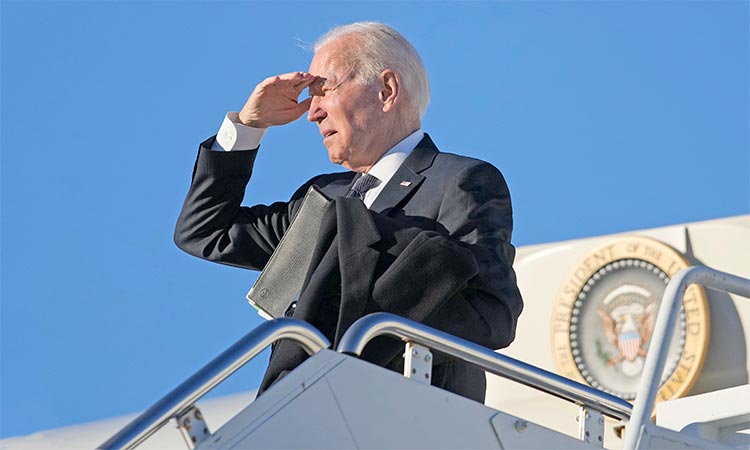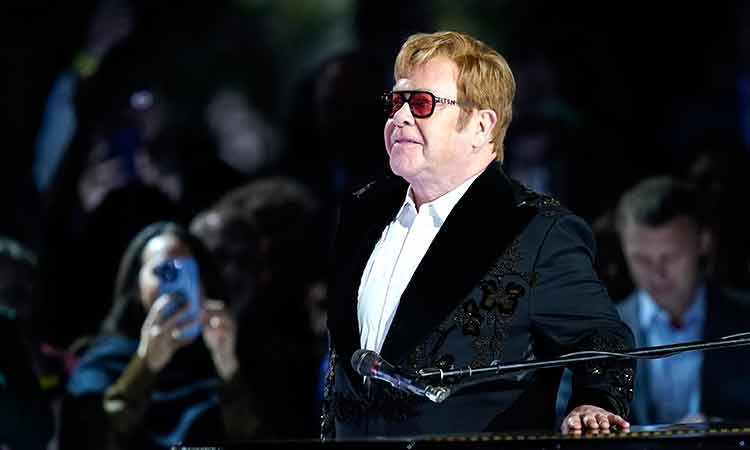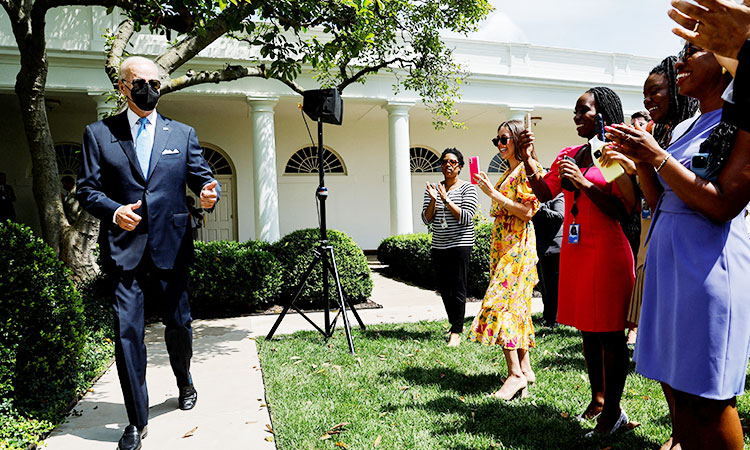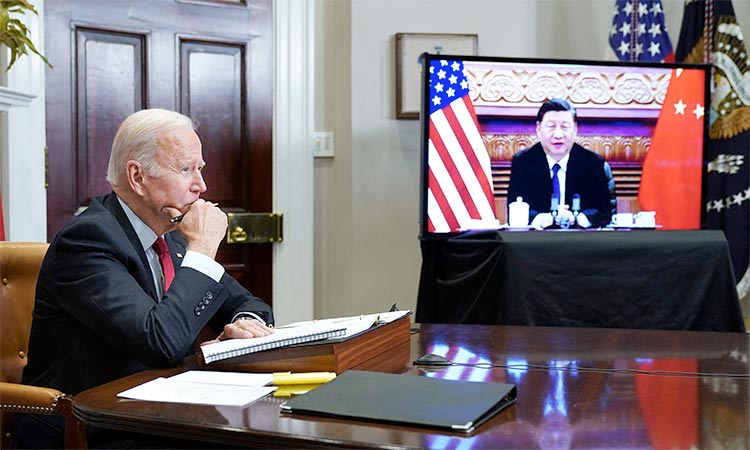Biden is breaking his promise to end federal death penalty
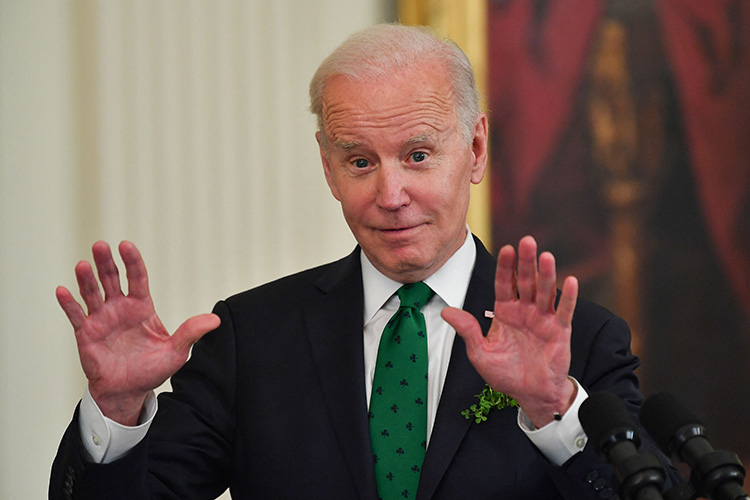
Joe Biden
Josh Marcus, The Independent
At first, hopes were high among criminal justice activists that Joe Biden, one of the key architects of mass incarceration, was turning a new leaf. That hope wouldn’t last long, though. During the 2020 election, Biden renounced his past support for executions, saying that the mountain of evidence about wrongful convictions, often tainted with racism, had convinced him that “we cannot ensure we get death penalty cases right every time.” Once elected, he became the first US president to openly oppose the death penalty, and the year after he was elected, the Justice Department put federal executions on hold following a historic execution spree under Donald Trump.
Attorney General Merrick Garland said at the time the DoJ would review its policies on the death penalty, noting his concerns about “the arbitrariness in its application, disparate impact on people of colour, and the troubling number of exonerations in capital and other serious cases.” It was a liberal fever dream: after decades of a Tough on Crime consensus in Washington, two of the most powerful Democrats in the country were openly sharing their concerns that the death penalty is arbitrary, innaccurate, and often highly racist. Then then dream was over. It seems these concerns haven’t been enough to convince them to do anything lasting to change the status quo. And in a matter of days, we could see the first death sentence ordered under the supposedly anti-execution Biden administration.
Last week, a jury ruled that a white supremacist who killed 11 people at Pittsburgh’s Tree of Life synagogue in 2018 could face the federal death penalty for his crimes. If a jury ultimately decides that Robert Bowers should face execution, he will be the first person to receive a new federal death sentence during the Biden administration. The Tree of Life gunman’s fate is an illustration of the hedge the Biden administration has made on the death penalty, opposing the punishment in principle while allowing it to steam ahead in practice. On one hand, after taking office, the Justice Department withdrew permission for death sentences in 24 out of 29 cases that began under past administrations. On the other, the DoJ has still sought or defended death sentences in cases relating to the men responsible for the Tree of Life shooting, the Charleston church massacre, and the Boston Marathon bombing, even though victims’ families in all of these cases are divided over whether the government should execute these killers.
Joe Biden is nothing if not a savvy operator with a keen understanding of longevity in Washington. He’s been rising methodically through DC for decades and is now the oldest president in US history. It seems here he’s playing a waiting game, a play at securing an unearned criminal justice legacy. He may be the first president to oppose execution, and, owing to the glacial pace of death penalty cases and appeals, it is quite possible no human beings will be executed in federal prison while he is president, even if he is re-elected. But this is hardly a meaningful victory. Even if the lethal injection drugs flow through an IV under a different presidential administration, it was still the Biden administration and its prosecutors who filled the syringe.
As Robert Dunham of the Death Penalty Information Center recently told The Independent, “The Biden executions will take place under future administrations, but make no mistake, they will be Biden executions.” The White House has tried to square the circle by saying it opposes the death penalty, but respects prosecutorial independence in individual charging decisions. That’s being a bit coy. Even presidents who respect prosecutorial independence make decisions on which officials they appoint, whom they ask to resign, and how they set the tone for the rest of the administration from the bully pulpit. Presidents can spend political capitol in public and pull the levers of government in private.
